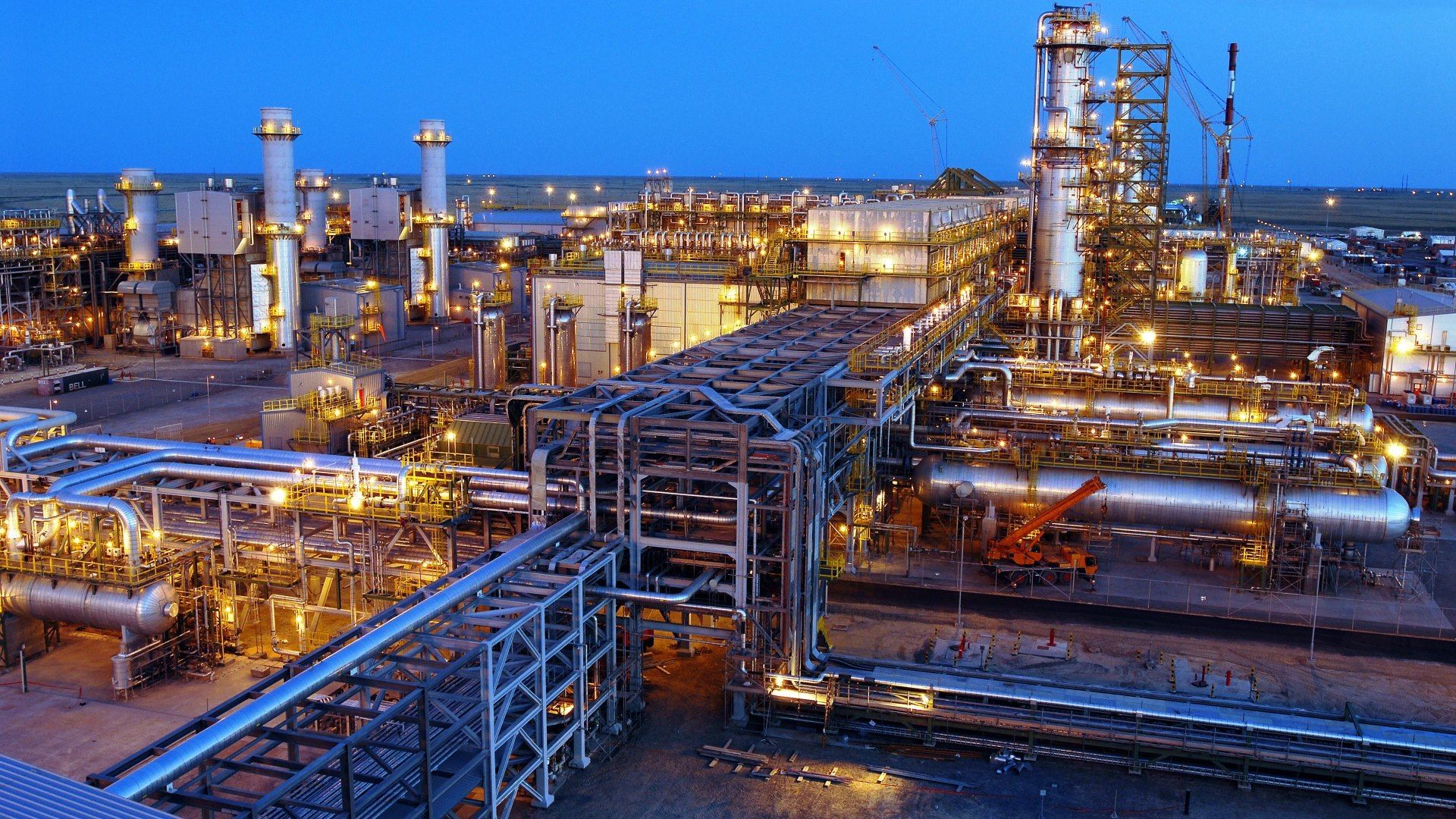Preparing Engineers for Oil & Gas Careers – What Today’s Professionals Need to Know
Starting a successful career in oil and gas requires strong technical skills and hands-on training.

Published On : 27 Jun 2025
Top Skills in Demand
-
Plant Design Understanding: Engineers must know how refineries, terminals, and processing plants work.
-
Piping & Instrumentation: Knowledge of valves, equipment layouts, process lines, and instrumentation basics is essential.
-
Project Documentation: Engineers should be able to create GA drawings, P&IDs, isometrics, and fabrication details.
-
Industrial Codes & Standards: Knowing ASME, API, ANSI, and other codes is crucial for safe and compliant design.
Why Training Makes the Difference
Plant Design Understanding: Engineers must know how refineries, terminals, and processing plants work.
Piping & Instrumentation: Knowledge of valves, equipment layouts, process lines, and instrumentation basics is essential.
Project Documentation: Engineers should be able to create GA drawings, P&IDs, isometrics, and fabrication details.
Industrial Codes & Standards: Knowing ASME, API, ANSI, and other codes is crucial for safe and compliant design.
Fresh graduates often lack exposure to actual plant layouts or construction constraints. Focused training programs that simulate real projects help bridge this gap and make engineers job-ready.
Ace Industry’s Commitment
Our mission is to build future-ready engineers for industries like oil and gas. Through practical learning, technical mentoring, and real-case studies, we equip professionals with the tools to excel in project environments.
Conclusion
Oil and gas careers are built on strong technical foundations and hands-on experience. For engineers looking to grow in this field, the time to skill up is now.

